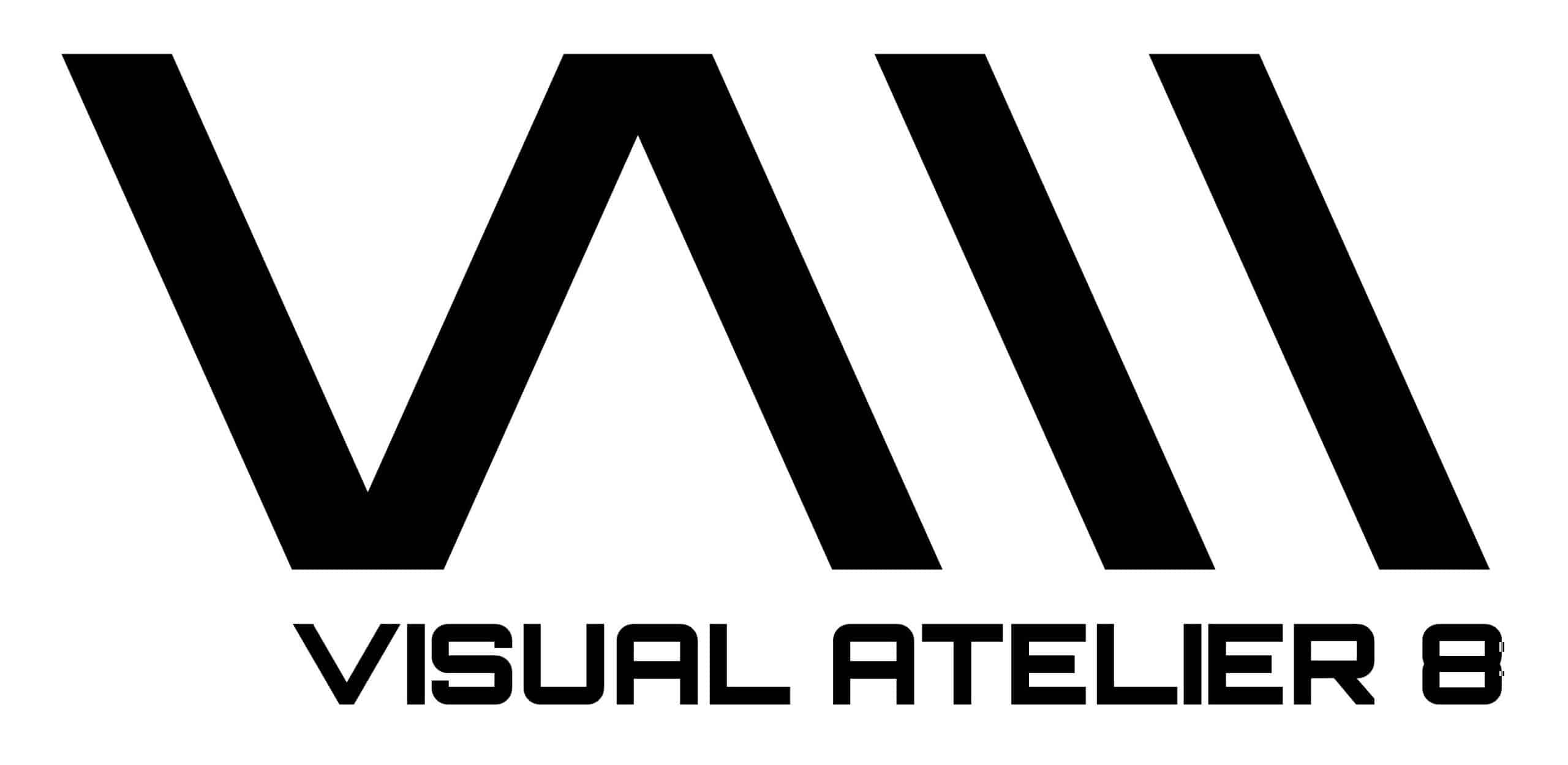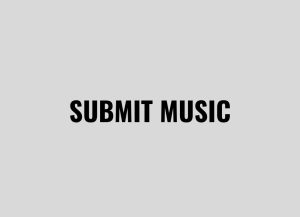
Hello Ryan, it is a pleasure to sit down and speak with you. In this discussion, we would like to highlight you as an individual opposed to simply discussing your remarkable talents. When one looks back upon your work they see a progression, you seem to have had different phases. Can you please discuss each period and why you found it useful to revolutionize?
I think there have probably been three phases in my work: I started with these tightly wrought pencil drawings, then moved on to a kind of gestural portraiture, then finally I shifted to landscape work that explores gradients of colour and different textures. From the start, every successful element of my work has stayed, I just try and get rid of what doesn’t work. Artists of all kinds need to develop their practice, if everything becomes static everyone becomes bored, especially the artist. I heard a good line recently: “If you don’t like change, you’re going to like irrelevance even less.”
Like great artistic minds of the past, many who have traveled into the variegated forest of abstraction also held a firm grasp on figurative realism. Do you think that the best works of abstraction should stem from knowledge and appreciation of a properly realistic form? Why do you think so many artists leave the confines of depicting reality as it is for things that reflect the inward emotional or subliminally rational states?
I think it’s quite simple really, all the visual information of reality is already there, if you care to look, so I can’t think of any painterly style that’s as dull as photo-realism. Painting is about looking beyond and trying to put your finger on a feeling, as opposed to a faithful reproduction of an image. It’s not a particularly controversial view but to me, it seems true and the best way to go about working.

Your newest works seem to be a unity of everything you have done until now, you have used geometric or foundational forms from nature to represent stark though deep characters that are as mysterious as they are beautiful. What does this new technique say about your growth as a person first and then as a painter?
I think it says that I’m driven, it’s like there has been a definite goal all along and I’ve just adapted my practice in order to keep improving my work. So, I guess it reflects a kind of drive and ambition that I’ve always had, and still have, thankfully.
I have seen your series of portraits depicting historical figures, both good and evil. Do you still feel this kind of social commentary is necessary in our world where imbalances and injustices and inequalities seem discussed everywhere or is it more fitting to gives us a glimpse of a purer more elevated state that focuses more on ideals and less on the world as it seems?
I think they’re still relevant, all those figures (whether categorically good or evil) were obscured on the canvas, there was a sense of moral ambiguity in the figures. I think with so much false information circulating in our society today it can be difficult to make a concrete moral judgment, you could well be coming to a conclusion based on the wrong information. The paintings are kind of like that, someone could look at the depiction of Hitler and ask “Is that Charlie Chaplin?”

The philosopher John Dewey once said when speaking about aesthetics, “There is no expression without excitement, without turmoil”, do you agree with this statement? If so, what excitement and what turmoil are motivating you?
I think I probably do agree, certainly with the excitement part. If your work doesn’t excite you even a little bit then it’s unlikely to excite anyone else. Turmoil is another thing entirely – historically, tumultuous times have fueled creativity, we’re about to see if that will repeat itself, my money says it probably will.
Do you believe that art like music can hold a spiritual significance? What role does spirituality or the state of awe as some explain their reaction to the sublime play as a creator of emotion embeds expressions?
I think art is primarily about the soul, it’s about how it makes you feel. I think ‘spiritual significance’ is quite a vague term. Art definitely has the power to affect its viewer, whether this is described as ‘spiritual’ or not depends on the viewer themselves I think.

Your work would lend itself to digital art very well, in fact, one could easily imagine a world populated by your figures in a virtual landscape, and could even see this world as a place of peacefulness or introspection. Would you ever consider creating such a virtual world, and if so, what do you think people would realize about themselves while spending time within it?
I don’t think so, I’m very attached to the physical process of creation. In order to do that I would have to learn to code and all the rest, I wouldn’t be comfortable getting somebody to do that side of things for me. So, for now, I’ll just stick to painting.
What is something significant about you as a person that no one has ever asked in an interview that could inspire or motivate a younger creative who enjoys your work?
I think I would say that time doesn’t move as fast as everyone says. People say you blink and it’s gone, that’s just the sensation you have when reviewing your life from the end, in fact, most of us (if we’re lucky) are here for a while, so don’t rush, don’t panic, and keep evolving and making work you believe in.


INFORMATION
All images with courtesy of Ryan Hewett

